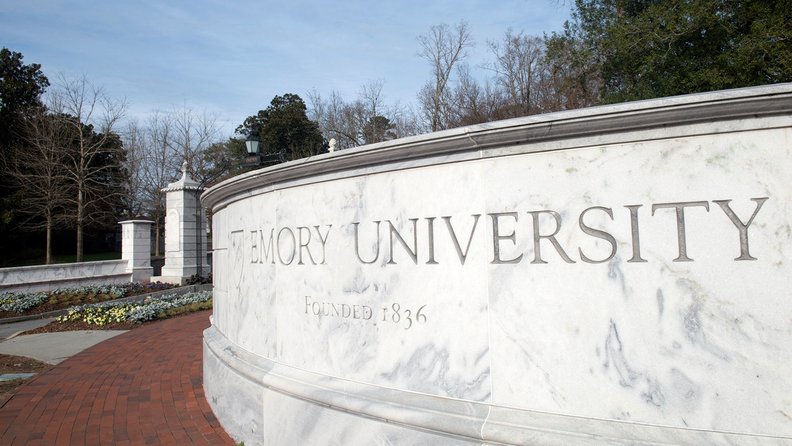
Today we announce an agreement with one of the world’s leading medical research institutions, Emory University. The collaboration will focus on partnering with Emory on the development of the Genuity Science population clinicogenomic database with an initial focus on neurodegenerative disease, to enable research with pharma and biotech partners. The research is designed to enable drug target and biomarker discovery and validation for drug research and development, as well as patient stratification for clinical trial optimization, as a part of Genuity Science’s prioritized disease research.
Ranked 7th in the US for research funding, from the National Institutes of Health, and in the top 15 Neurology Departments by the US News and World Report, Emory’s Department of Neurology has one of the most advanced translational neuroscience research programs in the US.
Allan Levey, MD, PhD, Professor and Chairman of the Department of Neurology at Emory University and Director of Emory’s Goizueta Alzheimer’s Disease Research Center, commented, “More than five million Americans of all ages have Alzheimer’s and another million people in the US alone are impacted by Parkinson’s. We know there are dozens of genes contributing to risk of these conditions. I believe there’s huge scope to improve drug discovery, development and clinical trials stemming from the insights Genuity hope to derive from this research. Our collaboration with Genuity provides us with a potential opportunity to greatly accelerate our academic research efforts for the benefit of our patient population by including whole genome sequence data to our cohort.”
Jeff Gulcher MD, PhD, and Chief Scientific Officer of Genuity Science said, “Emory is one of the leading research and medical centers for neurodegenerative diseases and will be an important collaborator in our efforts to better understand the underlying genetics of neurological disease. Emory fits perfectly within our strategy of combining detailed clinical and longitudinal data from large-scale, powered cohorts of many thousands of patients with whole genome sequence and other omic data to provide discoveries beyond the usual suspects of disease genes. We can be an important partner in helping Emory pursue its mission to find more effective neurological treatment options for patients in the US and across the world living with these conditions.”
Emory University School of Medicine is a leading institution with the highest standards in education, biomedical research and patient care, with a commitment to recruiting and developing a diverse group of students and innovative leaders. Emory School of Medicine has more than 3,100 full- and part-time faculty, 582 medical students, 522 allied health students, 1,322 residents and fellows in 107 accredited programs, and 92 MD/PhD students in one of 50 NIH-sponsored Medical Scientist Training Programs. Emory University received $831 million in external research funding in fiscal year 2019. The medical school is best known for its research and treatment in infectious disease, neurosciences, heart disease, cancer, transplantation, orthopedics, pediatrics, renal disease, ophthalmology and geriatrics.